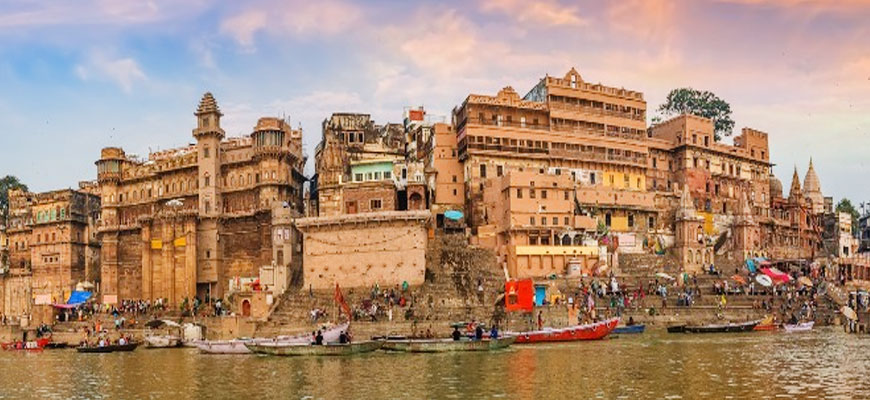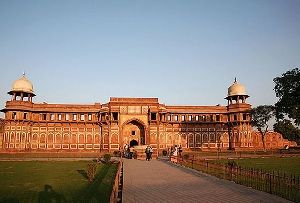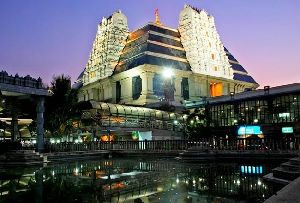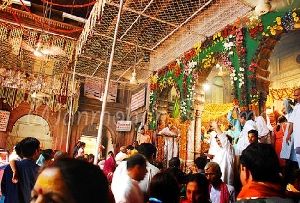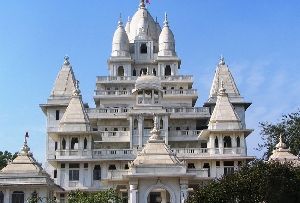Some people believe that Nautanki originated in Punjab. However, there is no suggestion of the Punjabi language in Nautanki. Rather, this folk theatre uses Hindustani language. It is not easy to trace the history of a vibrant art form like Nautanki, which has expanded its sphere according to the varied requirements of the large masses of people who stay in the villages of north India. Ain-I-Akbari, the biography of Emperor Akbar written by Abul Fazl in the 16th century has some references to the Bhagativyas (which were quite similar to Nautanki). But it is almost sure that the art from of Nautanki has been entertaining the middle and lower classes for more than hundred years.
Description :
Nautanki in Uttar Pradesh is staged in maidans and courtyards. The music is not precisely classical or even folk but boasts of a model of its own, which does not differ much from drama to drama. The poetry is penned in diverse metrical patterns and sung in accordance with a special convention. The prominent melodic instrument is the nagada (a kettle drum that’s single-faced) which heralds a Nautanki performance. The harmonium and sarangi are also used. The beats of the dholak (drum) provides the rhythm.
The basic verse pattern of Uttar Pradesh Nautanki is divided into three parts. The initial one is doha which is sung free, sans beat; choubola, the second one forms the main stanza; the last one is chalti or daur or udhan that’s sung at a great speed as its name signifies. The nagada is played subsequent to each of these portions. There are several ways in which these are performed, depending on the proficiency of the singer and the school of Nautanki. Some innovations are frequently made such as the introduction of kada, a short verse between the three stanzas. Some other metrical patterns are also used like behartabeel, sauratha, jhoolna, dadra, gazal, qawali, alha, lavani, and of late, film tunes.
The reputation and popularity of the Nautanki artiste depends heavily on the power of his voice and his expressions. The worth of a Nautanki artiste is also judged by the meanings that he can drag out from the written verse.

